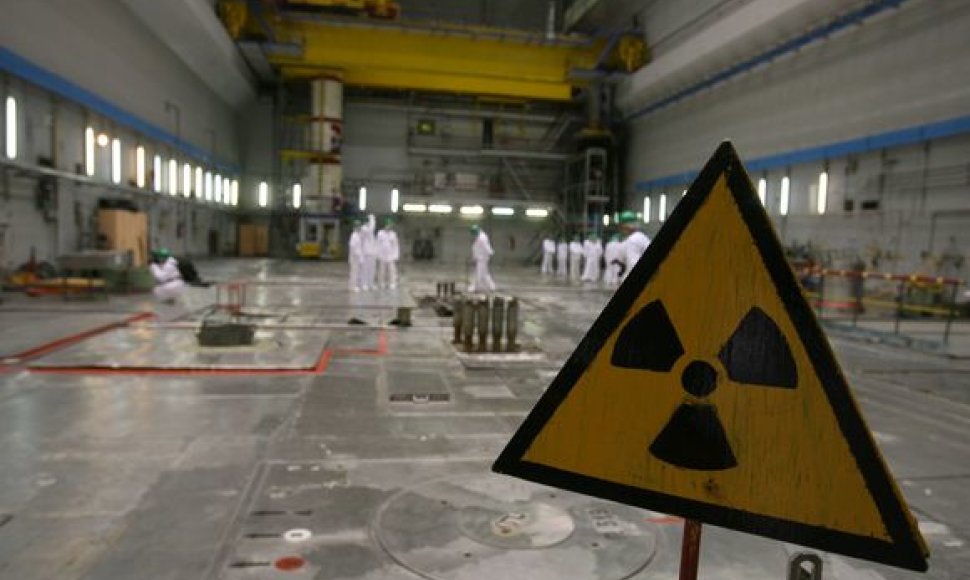Daiva Rimašauskaitė, chief adviser to Energy Minister Jaroslav Neverovič and INPP chairwoman, told BNS that the previous agreement with Nukem, under which the German company should substantiate the requested amount, i.e. 73 million euros, would come into effect once a supplement to that agreement was signed.
“The then management of Ignalina Nuclear Power Plant [in March 2012] signed a global agreement, which, however, will only take effect if a supplement to that agreement is signed. The INPP and the Energy Ministry do not question the global agreement, but the board of directors of the INPP has decided to ask for substantiation for this amount, which has been specified in the global agreement, in order to sign the supplement to the agreement,” she told BNS.
The European Commission (EC) had admitted at the Donors’ Assembly that this request was legitimate and justified, Rimašauskaitė said adding that Lithuania also asked the contractor to provide a schedule for further implementation of the project, that is, a work program, that would be linked to the payment schedule. In addition, the Energy Ministry wanted to obtain a guarantee from Russia’s energy giant Rosatom, the owner of Nukem.
“We could talk about the signing of the supplement to the agreement once we get all substantiations for the amount declared by Nukem and all other documents,” Rimašauskaitė pointed out.
The payments envisaged in the global agreement totaled 73 million euros, she said adding that the final amount would be known once Nukem provided the proving documentation.
Unofficial sources told BNS that Nukem asked the INPP to cover 55 million euros in losses allegedly suffered by the contractor while implementing the project and extra 17.9 million euros for potential risks. However, Nukem has not substantiated these amounts so far.
Nukem stated on Friday that funding for the B2/3/4 project, initially valued at 123 million euros, might be frozen if no agreement was reached with the INPP’s management by July 12.
Sources told BNS that the Donors’ Assembly had not recorded the deadline of July 12 officially and this term was considered as a tool to pressure the INPP to pay the money to Nukem.
The EU’s Donors’ Assembly last Friday welcomed the progress made in talks between the INPP and Nukem on the spent nuclear fuel storage facility project, known as B1. Funding for the project will be resumed as soon as the parties reach an agreement on the suitability of cranes for lifting spent nuclear fuel casks. Officials assume that this might be done by fall or even earlier.
With Nukem and Lithuania struggling to reach an agreement on the quality of spent fuel casks manufactured by Germany’s GNS, the donors last December froze funding for the first key closure project, B1.












